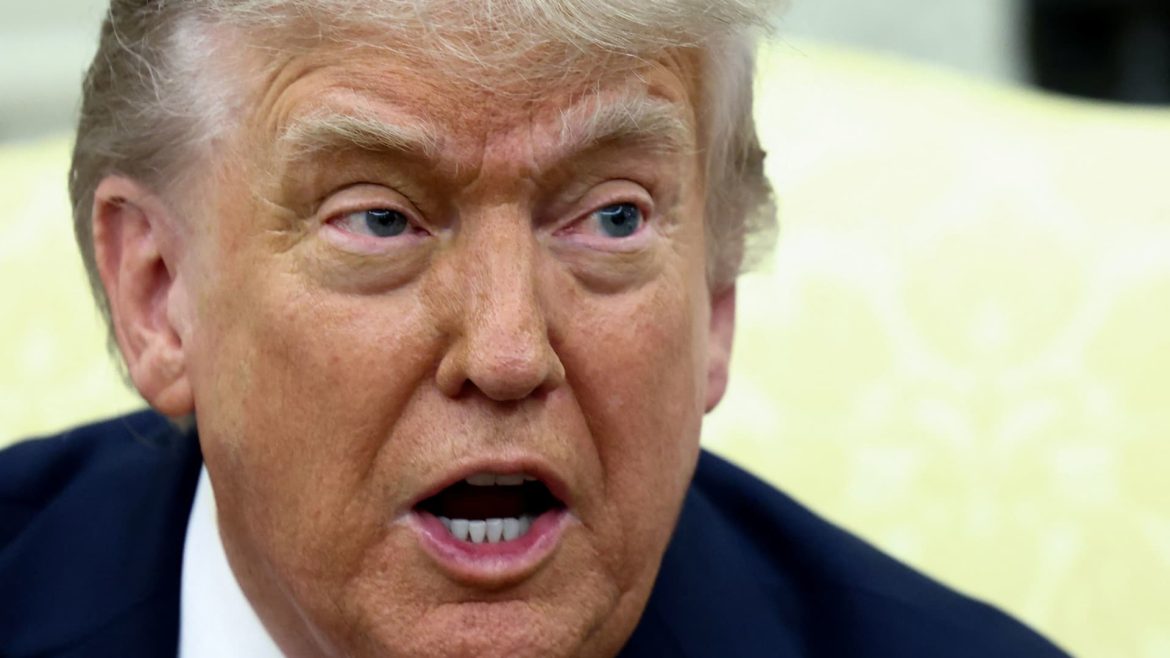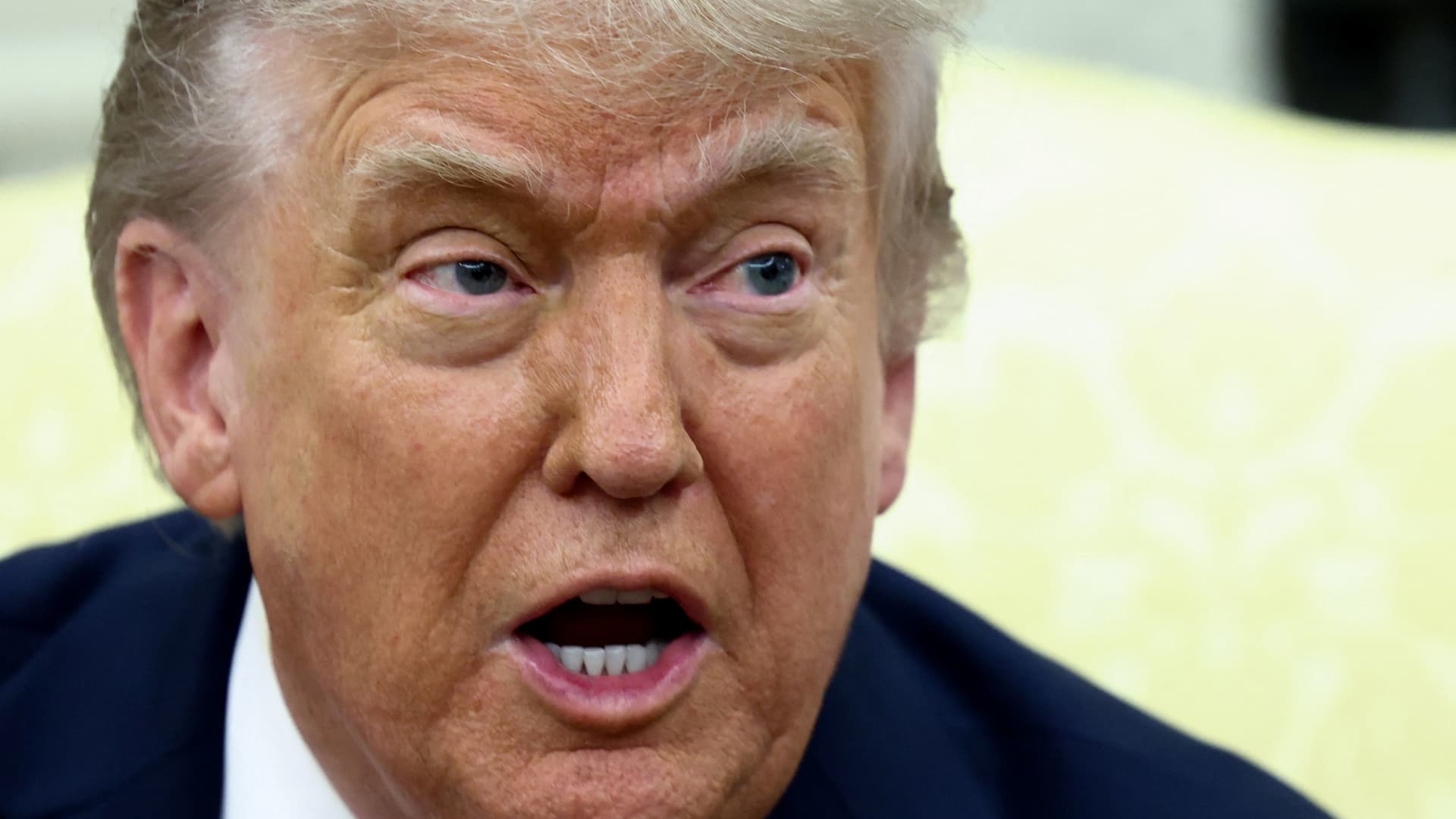Elon Musk Versus Trump’s Tax Bill: A Deep Dive into Their Clash over EV Credits and Policy
The recent public disagreement between Elon Musk, CEO of Tesla, and former President Donald Trump centers on Trump’s proposed tax bill, particularly provisions that affect electric vehicle (EV) tax credits. This clash highlights the intersection of politics, industry interests, and climate-related policies, reflecting broader debates about government incentives, fiscal priorities, and innovation in clean technology. Understanding the core elements and dynamics of this dispute provides insight into stakeholder motivations and potential impacts on the EV market and U.S. policy landscape.
The Spark: Musk’s Vocal Opposition and Trump’s Response
Elon Musk’s outspoken condemnation of the tax bill, which he labeled a “disgusting abomination,” was fueled primarily by the measure’s proposed elimination or reduction of EV tax credits. These credits have been a critical driver for Tesla and other electric car manufacturers, helping to make EVs more competitive against traditional internal combustion vehicles.
Musk did not mince words, urging opponents to “kill the bill,” emphasizing his frustration not only with the tax provisions but perceived fiscal irresponsibility, as the bill was projected to increase federal deficits. His criticism expanded beyond tax policy, touching on ancillary matters like the Trump administration’s withdrawal of Musk ally Jared Isaacman’s nomination to lead NASA, further straining their relationship.
Trump, in turn, publicly expressed disappointment in Musk’s attacks. The former president explained that the EV tax credit cuts were longstanding features of the bill, suggesting Musk was aware of the changes from the outset. Trump attributed Musk’s dissatisfaction mainly to the financial impact on Tesla, rather than broader policy disagreements, and hinted the strained dynamics might damage their previously positive rapport.
Key Points of Contention
Implications for Tesla and the EV Market
The proposed elimination of the EV tax credit could slow electric vehicle adoption, particularly as higher sticker prices may deter cost-sensitive buyers. Tesla, heavily reliant on these credits to enhance affordability, might face increased sales headwinds. This could ripple across other EV manufacturers, potentially stalling momentum in the U.S. clean vehicle market.
Musk’s vocal stance amplifies awareness of these consequences but also risks politicizing Tesla’s market outlook. The public dispute draws attention to how government incentives remain vital to emerging green technologies and raises questions about bipartisan support for climate-oriented policies.
Broader Political and Industry Context
This standoff underscores the delicate balance in reconciling fiscal policy with climate and innovation goals. Trump’s tax bill reflects priorities typical of Republican agendas, emphasizing tax reductions and budget constraints, often at the cost of specific environmental subsidies.
Musk’s position aligns with a growing emphasis on combating climate change and fostering technological progress through supportive policies. His calls to “kill the bill” resonate with stakeholders advocating for sustained government incentives to accelerate clean energy adoption.
The dynamics also reveal how influential business leaders can shape policy debates. Musk’s social media presence and public statements have significant sway, pushing the envelope of conventional political discourse and forcing policymakers to reckon with private sector insights and demands.
Conclusion: A Moment Reflecting Shifting Alliances and Policy Priorities
The feud between Elon Musk and Donald Trump over the tax bill exemplifies how evolving policy frameworks impact industries intertwined with national agendas on technology and climate. Musk’s vehement opposition to the bill’s EV tax credit cuts exposes the challenges of aligning fiscal conservatism with the imperative to support clean innovation.
For Tesla and the broader EV market, the outcome of this dispute will influence growth trajectories, consumer adoption rates, and investment confidence. Politically, it indicates shifting alliances, where business leaders may no longer be unquestioning allies of former administration policies when core industry interests or principles are at stake.
Ultimately, this episode spotlights the critical role of government incentives in shaping the future of transportation and energy, hinting at ongoing debates about how best to balance economic, environmental, and technological priorities in a complex and fast-changing landscape.





